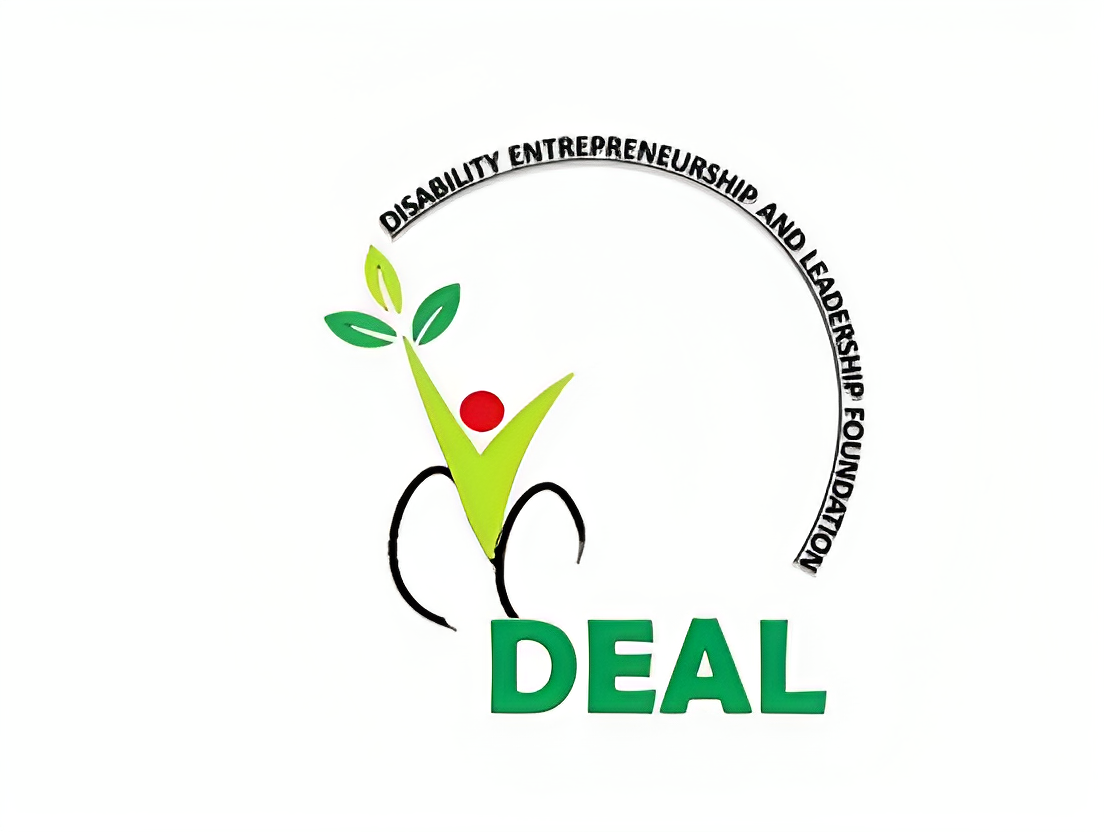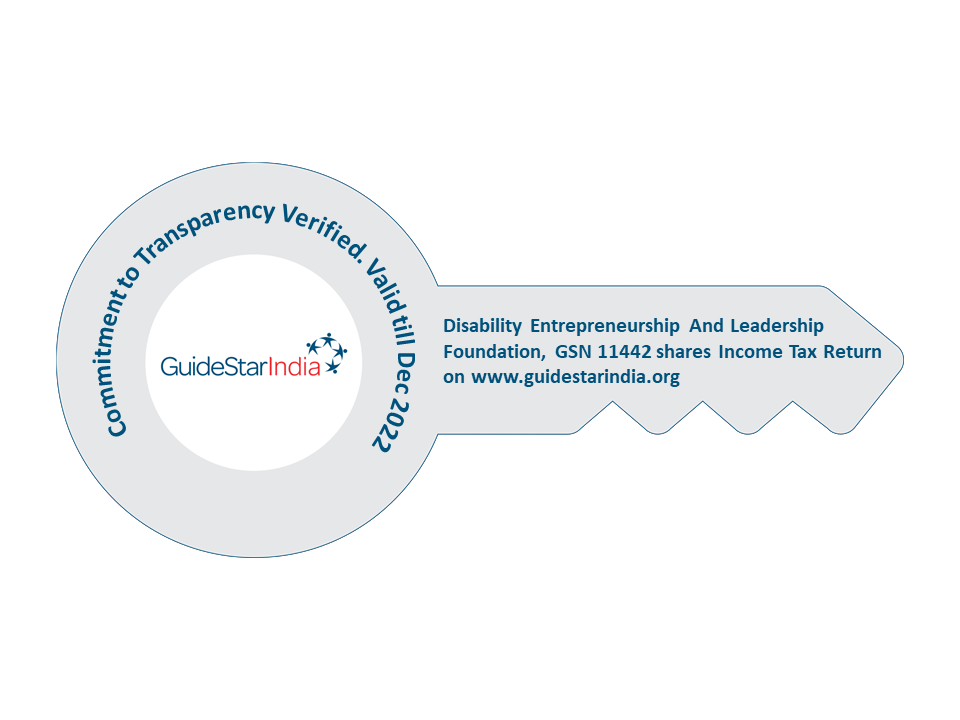Most persons with disability are tied up not really knowing how to move forward in spite of them being aware that they need to do something for a living. This becomes a burden for them as well as their dependents. To avoid being in such a situation, one can think of bee keeping as an option that would actually keep them going.
To understand this better, one first needs to know what it means to be disabled.
When someone requires assistance or reasonable adjustment to undertake day-to-day and independent living tasks, due to their physical or mental condition can be referred to as a person with a disability. It is not different when it comes to bee keeping as well, just as a person without a disability can do bee keeping so can a person with a disability provided the person receives assistance and there is reasonable adjustment support to overcome the limitations posed by the specific disability or condition in question.
For example, if a visually impaired person were to take up bee keeping that person would need assistance to produce a bee hive or maintain bees. The person can still be equally engaged with all aspects of looking after and expanding bee colonies as the key decision maker. Likewise, if a wheel chair user were to take up bee keeping reasonable adjustments would need to be made in terms of placing the bee hive boxes at an accessible height and in a place that is easy to navigate using the wheelchair. This should help the person feel comfortable to perform the task well.
At Disability Entrepreneurship And Leadership (DEAL) Foundation, we work to create sustainable livelihood opportunities for persons with disability. We firmly believe that it is individual ability and not disability that counts. Persons with disabilities need access to opportunities to participate as inclusive members of society.
As part of our work on sustainable livelihoods and bee keeping, Heeranna from Kalkeri village, Mundargi Taluk in Gadag district has not let his physical disability stop him. He has taken up production of bee hive boxes.
Speaking to members of the DEAL Foundation Livelihoods Team, Herranna said:
“As a carpenter, I feel passionate and privileged to be able to produce bee hive boxes and know that I’m able to do something that can help prevent the ecological degradation of our ecosystem. I’m looking forward to attending the orientation and training programme on bee keeping as I wouldn’t want to just stop at producing bee hive boxes but would also take-up bee keeping as I’m fascinated by the idea.”
Beekeeping (or apiculture) is the process of maintaining bee colonies, mostly developed by human beings. This is done in order to collect honey and other products that the hive produces including beeswax, propolis, flower pollen, bee pollen, and royal jelly.
The place where these bees are reared are popularly known as the bee hive box.
Bee keeping is important as they can help produce honey made locally from one’s own bees. They also produce Wax, which has great market value.
They also are a source of Pollination and can be maintained at a lower cost.
Studies have shown that bee keeping also has many benefits over the environment as It takes more than soil, water, and sunshine to make the world green. At least 30% of the world’s crops and 90% of all plants require cross-pollination to spread and grow.
They also help in Pollination, as bees move from flower to flower in search of nectar, they leave behind grains of pollen on the sticky surface, allowing plants to grow and produce their own food. They are also a source of Wild Plant Growth, as Bees are responsible for the production of many seeds, nuts, berries, and fruit, which serve as a vital food source for wild species. Bees are also an important source of providing food as Bees produce honey to feed their colonies during the cold winter months. Though human beings have harvested honey for thousands of years, we aren’t the only ones who consider it a sweet snack. Creatures like birds, racoons, opossums, and insects also have a longing to get the taste of the sweet honey produced by bees. And, Bees themselves are also a part of the food chain. For at least 24 species of birds, including the blackbird, ruby-throated hummingbird, and starling preys on bees. Many spiders and insects eat bees as well. They also are an important source of wild life habitats as bees are known for their elaborate hives, but they also help build homes for millions of other insects and animals. Their role as pollinators is vital in the growth of tropical forests, savannah woodlands, and temperate deciduous forests. Many tree species, like willows and poplars, couldn’t grow without pollinators like bees.
(Sources: beesfordevelopment.org, wikipedia.org)


 Awarded by Guidestar India
Awarded by Guidestar India